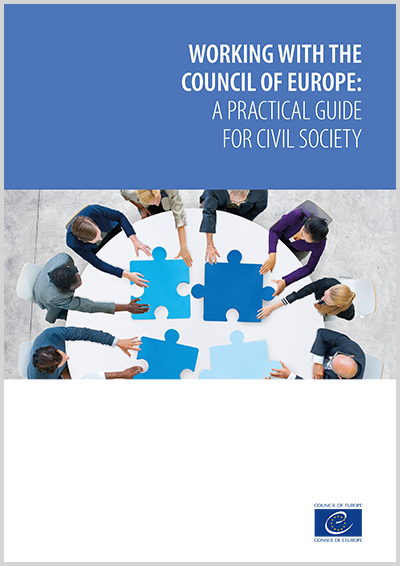Artificial intelligence
Artificial Intelligence raises important and urgent issues. AI is already with us – changing the information that we receive, the choices that we make, and the ways in which our societies function. In the coming years AI will play an even greater role in the way that governments and public institutions operate, and the way in which citizens interact and participate in the democratic process. It is clear that AI presents both benefits and risks. We need to ensure that AI promotes and protects our standards.
Marija Pejčinović Burić, Secretary General, Council of Europe

Committee on Artificial Intelligence – CAI
The CAI works to establish an international negotiation process and to draw up an appropriate legal framework on the development, design, and application of artificial intelligence, based on the Council of Europe’s standards on human rights, democracy and the rule of law. It maintains a transversal approach on artificial intelligence.
 Focus 2022-2025
Focus 2022-2025
Developing appropriate legal texts on the development, design, and application of artificial intelligence systems.
 Civil society involvement
Civil society involvement
- Participant: Conference of INGOs (CINGO)
- Observers
- Consultation with civil society, either through direct participation in meetings, or through dedicated hearings or written consultations



